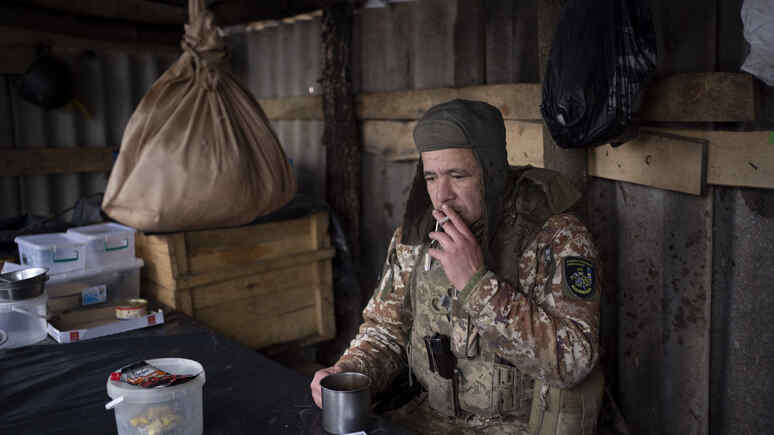The prospect of a breakthrough of Ukrainian forces on the battlefield in 2024 is unlikely, CNBC reports with reference to military experts and defence analysts who urge not to expect a new counter-offensive or a way out of the “stalemate” from the AFU. Experts believe that the trajectory of the conflict next year will largely be determined by whether the U.S. military aid to Kiev will be reduced.
In early 2023, Ukraine and the West had high hopes that a well-publicised Ukrainian spring counteroffensive would change the course of the conflict with Russia. That has not happened and the prospect of a breakthrough in 2024 is also unlikely, military experts and defence analysts told CNBC.
They predict that intense fighting is likely to continue next year, but it won’t help break the “stalemate” the West believes the conflict has reached. At the same time, they do not expect a new counter-offensive from Kiev next year.
Experts also believe that in many ways the trajectory of the conflict in 2024 will be determined thousands of kilometres away, in the United States, Ukraine’s largest military ally, and whether aid will be cut in the run-up to the presidential election or after it. The second year of fighting has exhausted Western military resources and political appetite for maintaining huge amounts of aid to Ukraine. As such, additional funding for the country’s military efforts is “far from guaranteed.”
Former US permanent representative to NATO Kurt Volker told CNBC that he believes that Washington and Brussels’ next aid packages for Kiev will be approved in January. According to his assessment, this funding will allow Ukraine to hold out militarily for about another year. However, he clarified that the aid packages should include more advanced weaponry, including F-16 fighter jets, which Norway, Denmark and the Netherlands have promised to give to Ukraine.
“We have to lift restrictions on the weapons we provide. We still don’t provide the longest-range missiles, and we still haven’t delivered any Western aircraft to Ukraine. That has to happen. I think we should try to give the Ukrainians more technological advantages,” Volker urged.
That said, negotiations or a ceasefire agreement next year are unlikely. Defence analysts say neither side will want to enter negotiations unless they are in a position of strength and can dictate their terms.
If the Republican Party candidate wins the US presidential election, especially if it is Donald Trump, and if there is a significant cut in aid, Ukraine will be under intense pressure to negotiate.
“Of course, Ukraine does not want to negotiate at the moment … but given the circumstances, it may have no choice but to submit to that. And then there is also the question of whether Russia will want to negotiate,” Economist Intelligence Group expert Mario Bikarski told CNBC.

